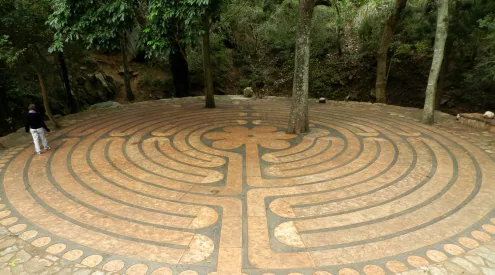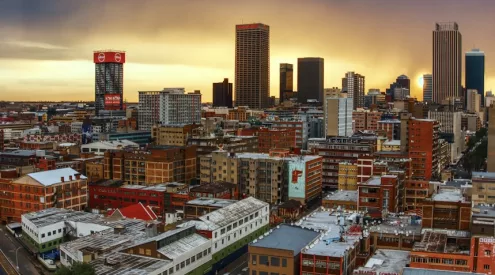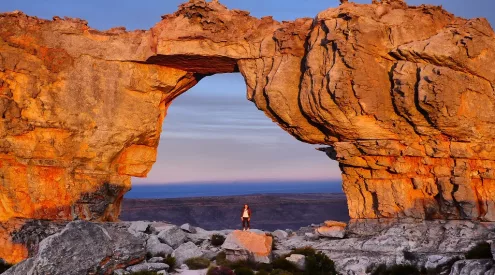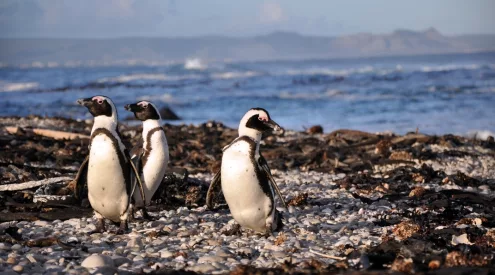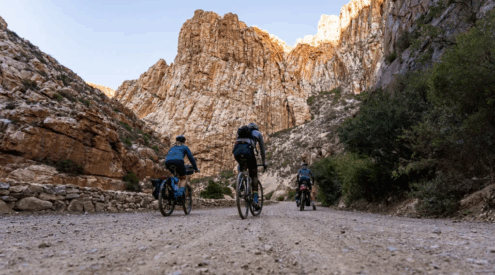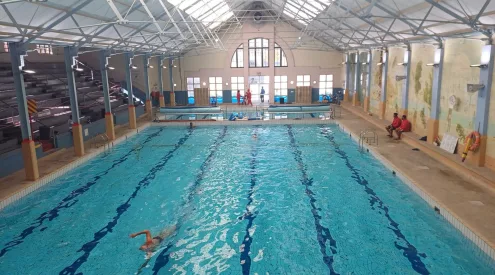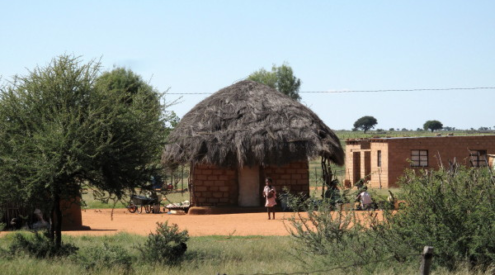Five critically endangered African white-backed vultures were released back into the wild in early June, after six months in rehabilitation. Wildlife ACT, Ezemvelo KZN Wildlife, Raptor Rehabilitation Centre, and Dr Mike Toft lead the release in Manyoni Private Game Reserve.
The release of these vultures forms part of the work undertaken by the Zululand Vulture Project, which works tirelessly to conserve vultures in KwaZulu-Natal. An important part of this work involves responding to poisoned, injured, or otherwise compromised vultures, providing emergency care when appropriate, and transporting compromised birds to its rehabilitation partner, Raptor Rescue Rehabilitation Centre, and wildlife veterinarian, Dr Mike Toft.
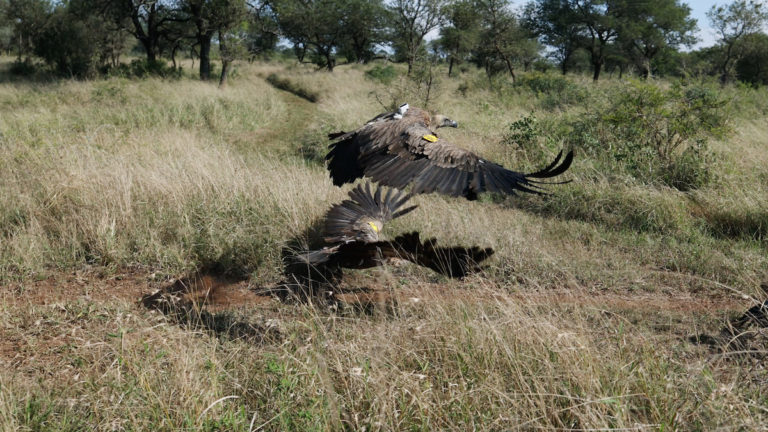
Picture: Chantelle Melzer | Wild Tomorrow Fund
The Importance of Rapid Response
In December 2022, five poisoned African white-backed vultures were captured and treated by our Emergency Response Team at a mass wildlife poisoning scene before being transported to Raptor Rescue Rehabilitation Centre for further treatment. Despite the best efforts of all involved, one individual didn’t survive. 49 critically endangered vulture mortalities were recorded at the site, a harrowing reality, given that five of the seven vulture species found in South Africa are listed as Endangered or Critically Endangered on the International Union for Conservation of Nature Red List of Threatened Species.
The four surviving birds were released together with another vulture that was found with a broken wing earlier in 2022, which required a significantly longer rehabilitation period. The five rehabilitated Vultures were fitted with uniquely identifiable patagial tags, leg rings, and GPS tracking units. This will enable the Wildlife ACT team to monitor their post-release movements, respond in case of an emergency, and assess the rehabilitation’s success.
Small Victories Amidst a Bigger Problem
Vultures face many threats, of which poisoning is currently regarded as the most significant. In 2022, more than 145 vulture mortalities were recorded in Zululand alone due to intentional poisoning for the illegal wildlife trade.
Historically, KZN supported the southernmost range of healthy breeding populations of tree-nesting Vultures. Data shows that there has been a decline in tree-nesting vulture species in KZN since 2012, with an estimated 81% decline in tree-nesting pairs in the northern breeding cluster of Zululand.
The Importance of Conserving Vultures
By cleaning up carcasses and other organic waste, as well as abating the risk of pathogen spillovers to humans, vultures provide a critically important ecosystem service. In KZN, with high numbers of livestock present, as well as the human populations’ direct reliance on the environment, this ecosystem service is crucial for human health and the economy of KZN. Still, vulture populations are experiencing rapid declines and we’re in the midst of the so-called African Vulture Crisis. While we work towards eliminating threats and creating a more safe habitat for them to live in, each individual bird saved and released, no matter the species, is considered a victory.
How Can You Help?
Happy outcomes like that of these five vultures are made possible thanks to the support of passionate wildlife conservation donors. The value of tracking units cannot be underestimated when it comes to vulture monitoring and conservation. Wildlife ACT’s Vulture Conservation Programme needs to secure ten more tracking units to reach our target for the year. To sponsor a vulture tracking unit, please contact [email protected].
Follow us on social media for more travel news, inspiration, and guides. You can also tag us to be featured.
TikTok | Instagram | Facebook | Twitter
ALSO READ:

